5 things parents should avoid when buying their student a laptop
Avoid these common purchasing mishaps when buying a student a new laptop.
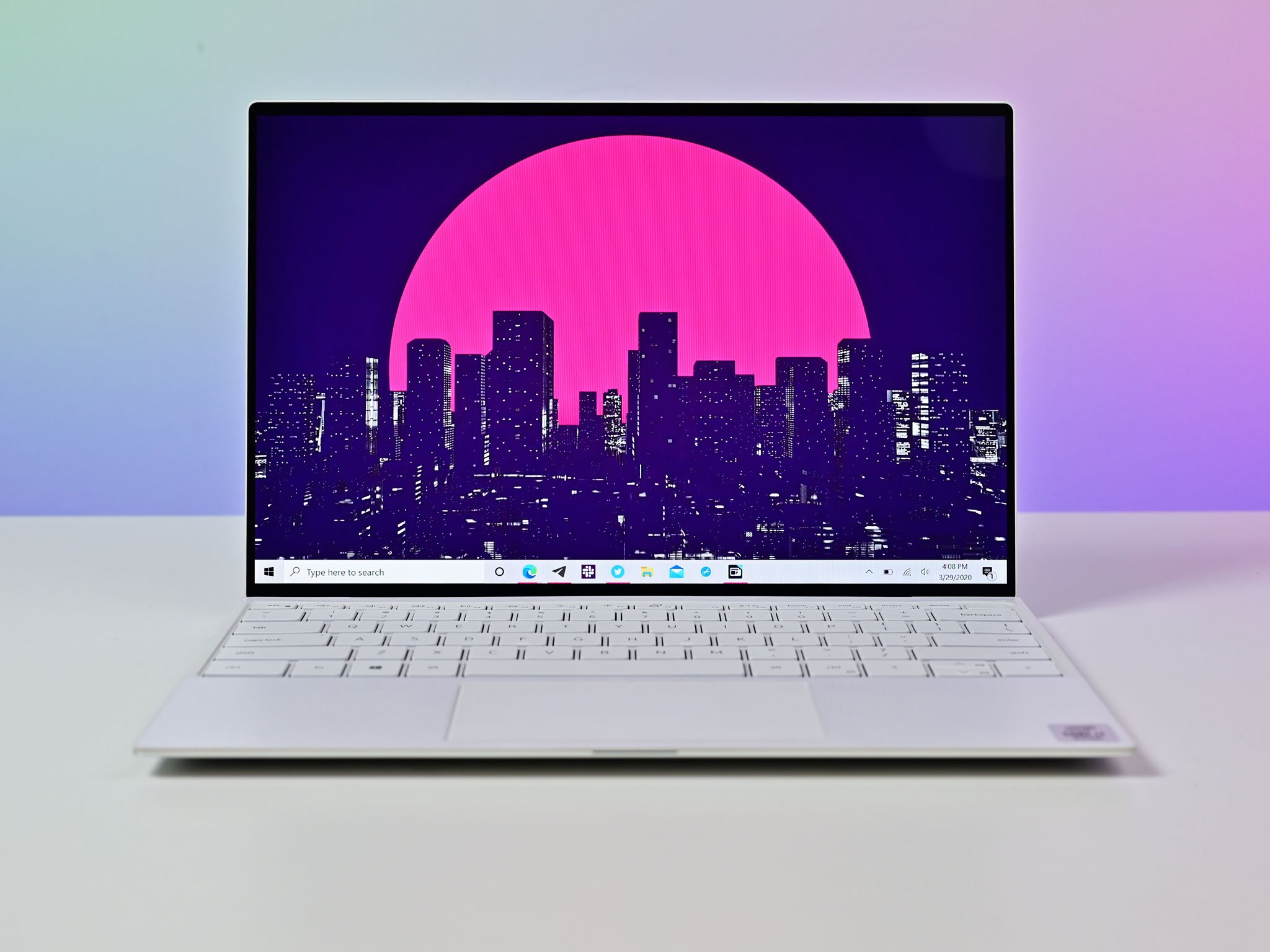
Laptops are ideal for students as they can carry these portable PCs between class in a backpack, allowing them to work on the same Windows 10 PC in class and back at their dorm. Notebooks come in a variety of sizes, configurations, and colors, making choosing one for your student a daunting task. We've gone through things you should consider, and now we run you over some things you shouldn't do when buying a student a new laptop.
1. Choosing the largest display size
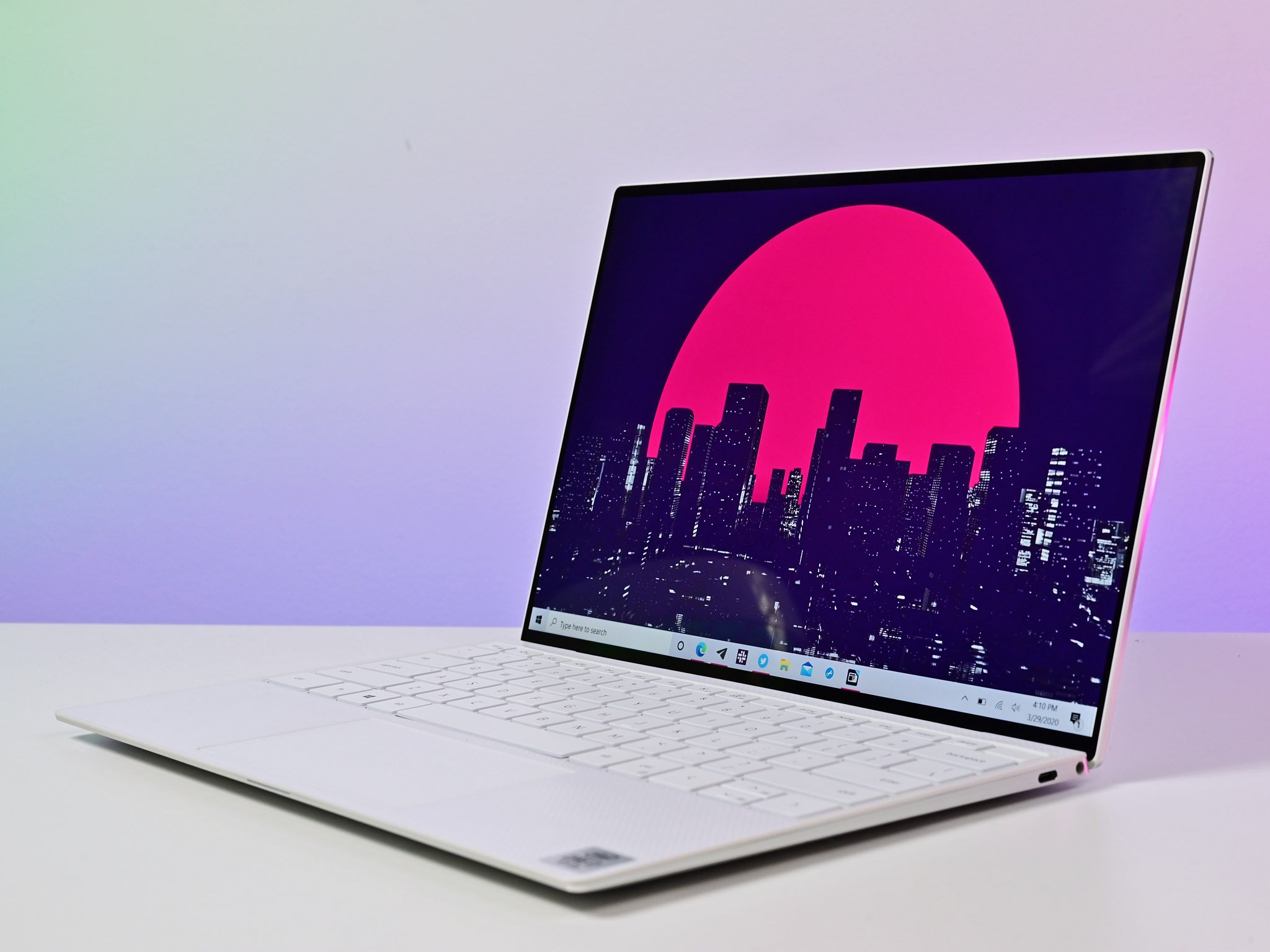
There are a few different screen sizes to choose from when shopping around for a laptop. 11-inch laptops are the smallest, while 17-inch portable workstations are designed for those who prefer using their notebook on a desk. The sweet spot for most consumers — and students — are between 13 and 15 inches. This would also depend on what the student would prefer to use. You shouldn't buy the largest display size out there, believing it to be the best.
Smaller displays are better for portability and word documentation, while larger displays make it easier to be creative. As well as screen size, the resolution of the display is also essential. A 1080p (1920 x 1080) 15-inch display will constrict a budding student more than a 1440p (2560 x 1440p) 13-inch panel, allowing you to run more apps side-by-side or see more without having to reduce the size of text or scaling.
There's also the fact a larger laptop may not fit into your student's bag. To play it safe, go with a 13-inch laptop.
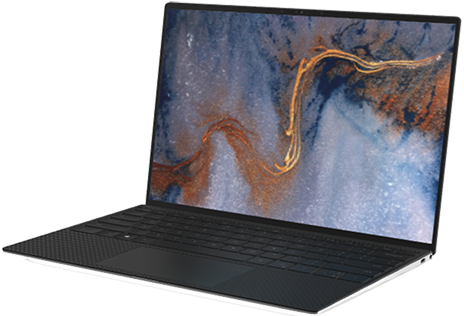
One of the best-looking laptops
The Dell XPS 13 continues to be a class-leading Ultrabook, even without significant updates in recent years. It ticks almost every single box, and if you want to game with it, maybe throw on an eGPU.
2. Adding the most expensive SSD
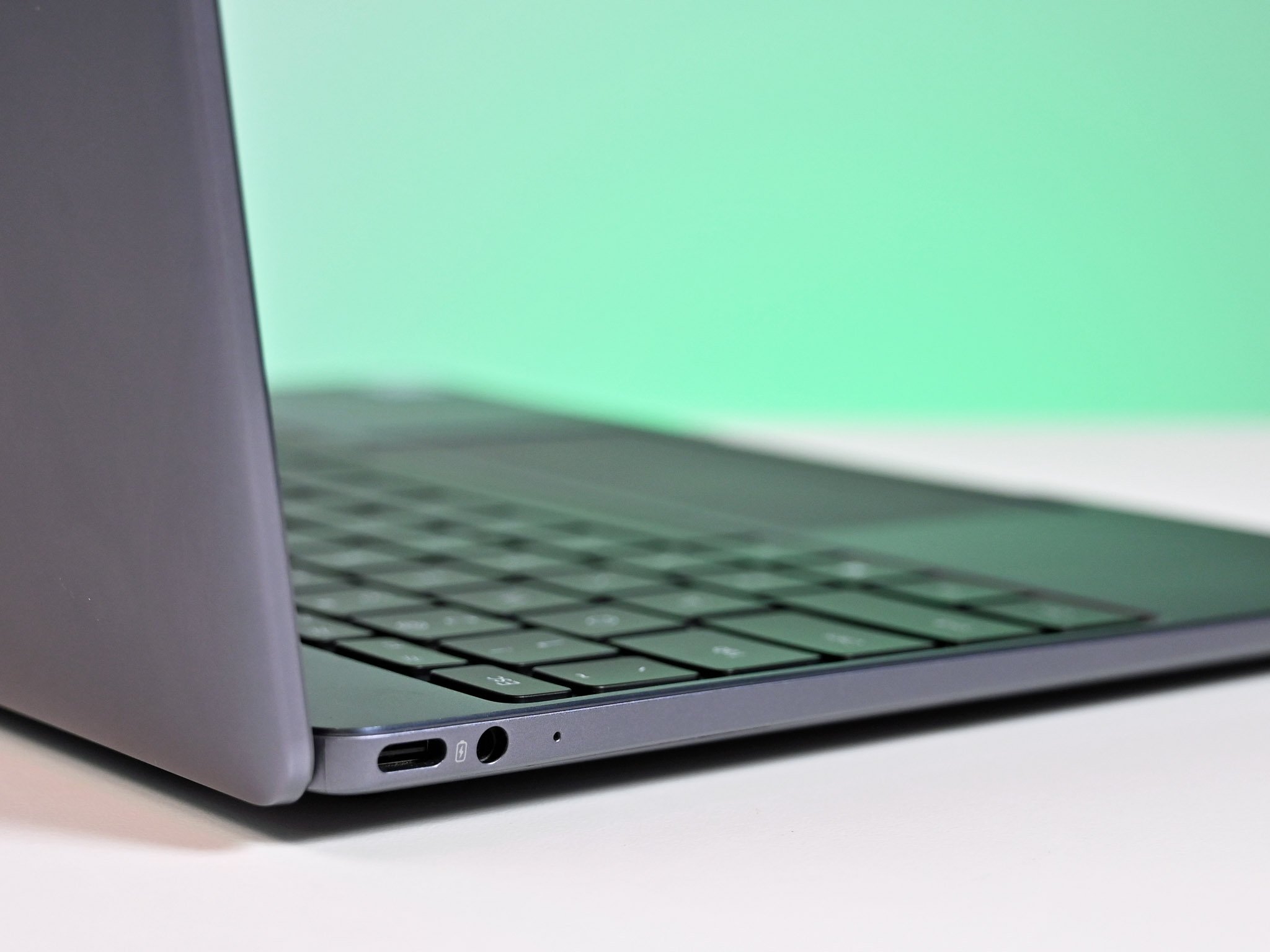
It's not required to go for larger storage configurations to get one of the best Windows laptops. While a 1TB SSD would be nice to have for any student, especially one that works with media, it'll increase the price of the laptop considerably. Even a 128GB drive would be more than enough for most students, and you can always add an external drive, MicroSD card if there's a slot on the side, or replace the internal drive with a larger SSD at a later date. (You should try and buy an easily upgradeable laptop.)
There's also the consideration of Office 365 from Microsoft. Should your student gain access to the cloud suite through college or by subscribing to it themselves — some laptops even come with a subscription included — they will be able to access cloud-based storage through OneDrive. With 1TB of storage available with Office 365, there'll be more than enough space for all their files.
Depending on what the student will use the laptop for, it's better to go with a 250GB SSD or a 128GB drive if you can persuade them to use other forms of storage.
Get the Windows Central Newsletter
All the latest news, reviews, and guides for Windows and Xbox diehards.
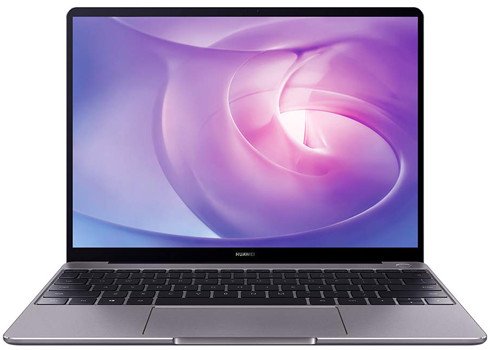
Gorgeous Windows 10-powered MacBook
The MateBook 13 is the perfect MacBook running Windows 10. The gorgeous design, display, keyboard, and fantastic performance is coupled with an attractive price tag. Just don't try and do intensive work on the laptop as the 8GB of RAM and relatively slow dedicated GPU will quickly become an issue.
3. Overlooking student discounts
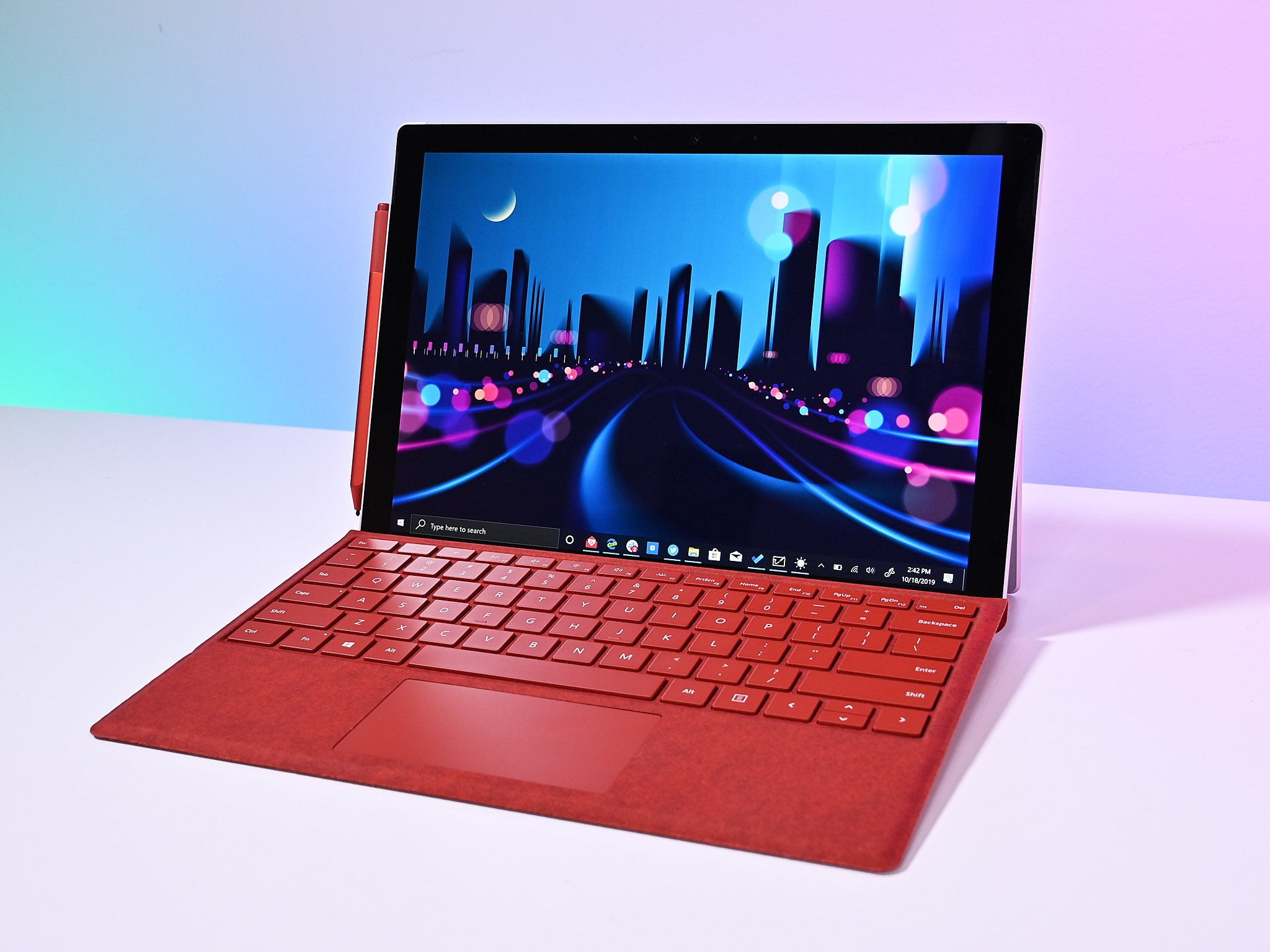
Amazon and other storefronts may offer some enticing deals on laptops. Still, you shouldn't ignore Microsoft, HP, Dell, and other vendors who provide not only promotions of their own, but sometimes discounts for those in education. The student discount can knock a fair chunk off the price of even more premium laptops, allowing you to get more for your money.
There's also the used market to consider looking into for great deals and discounts on the original retail price. The Surface Pro 7 from Microsoft is a stunning 2-in-1 convertible tablet and notebook.
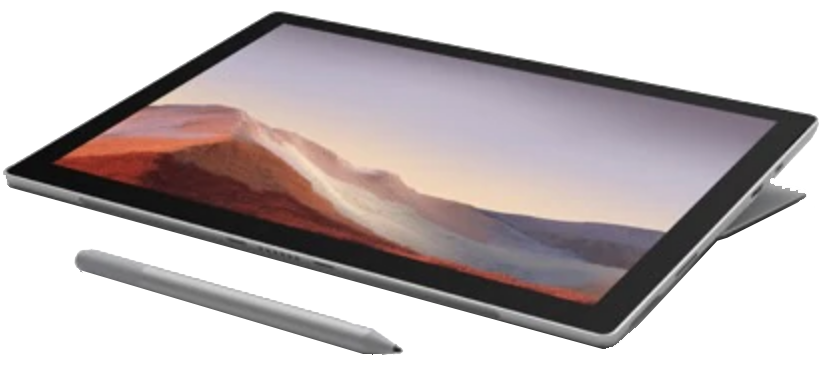
Microsoft's successful 2-in-1 PC
While the Pro 7 is undoubtedly no gaming powerhouse, the decades of available classic Windows games makes this pint-sized PC a tremendous portable gaming tablet.
4. Battery draining configurations
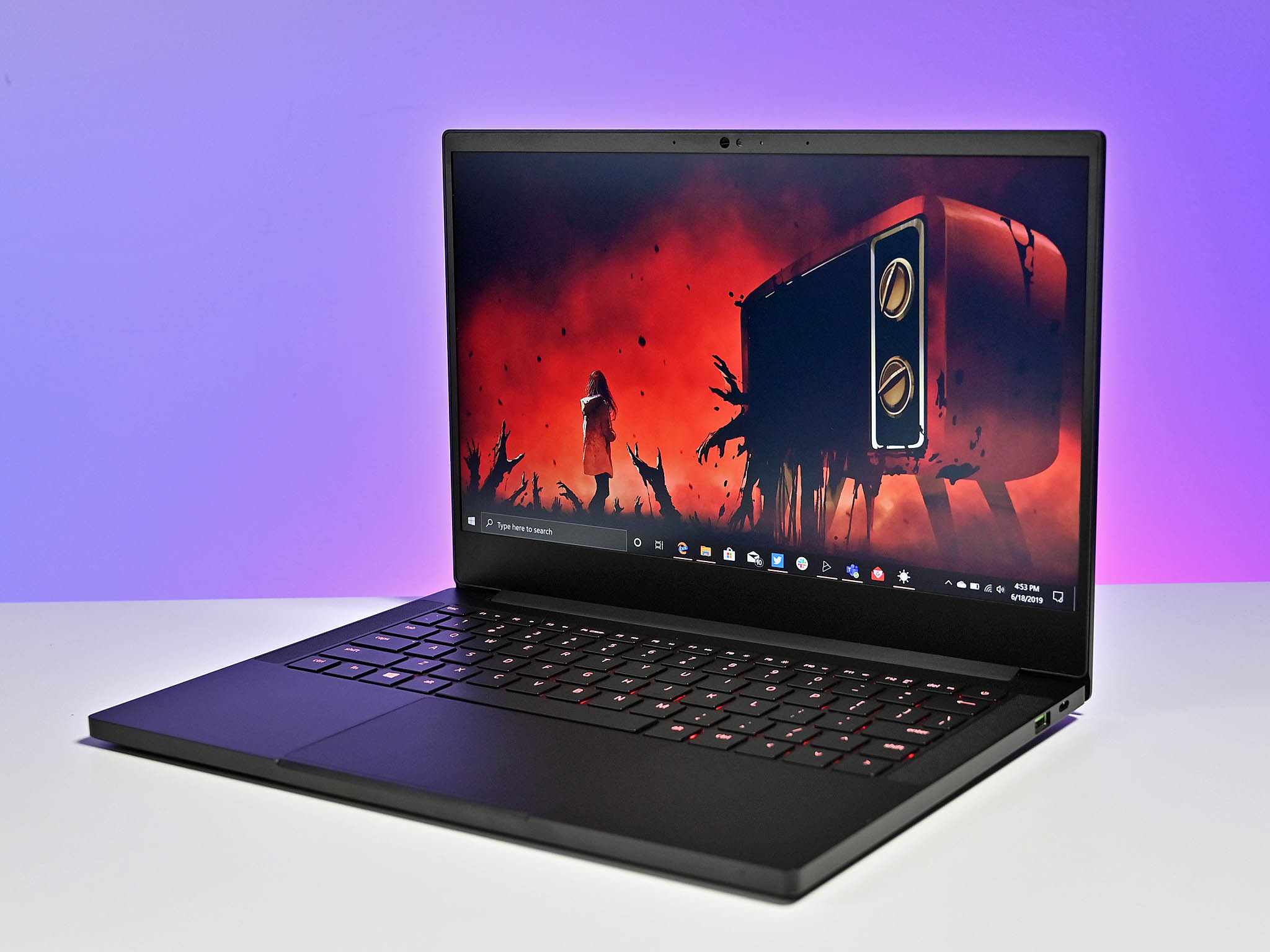
Most students won't need an Intel Core i9 processor, 32GB of RAM, and 1TB of storage with a dedicated RTX 2080 GPU. These specifications sound great on paper, but you will need to pay out the big bucks for such performance, as well as a severe battery drain. A laptop with an Intel Core i5 or i7 processor and 8 to 16GB of RAM will be more than enough.
You'll only really need a dedicated NVIDIA GPU if your student plans to do photo and video editing. What specs you'll need to consider will be determined by what subject they will be studying, as covered in the point below. There's also the question: will they plan on playing PC games on the laptop?
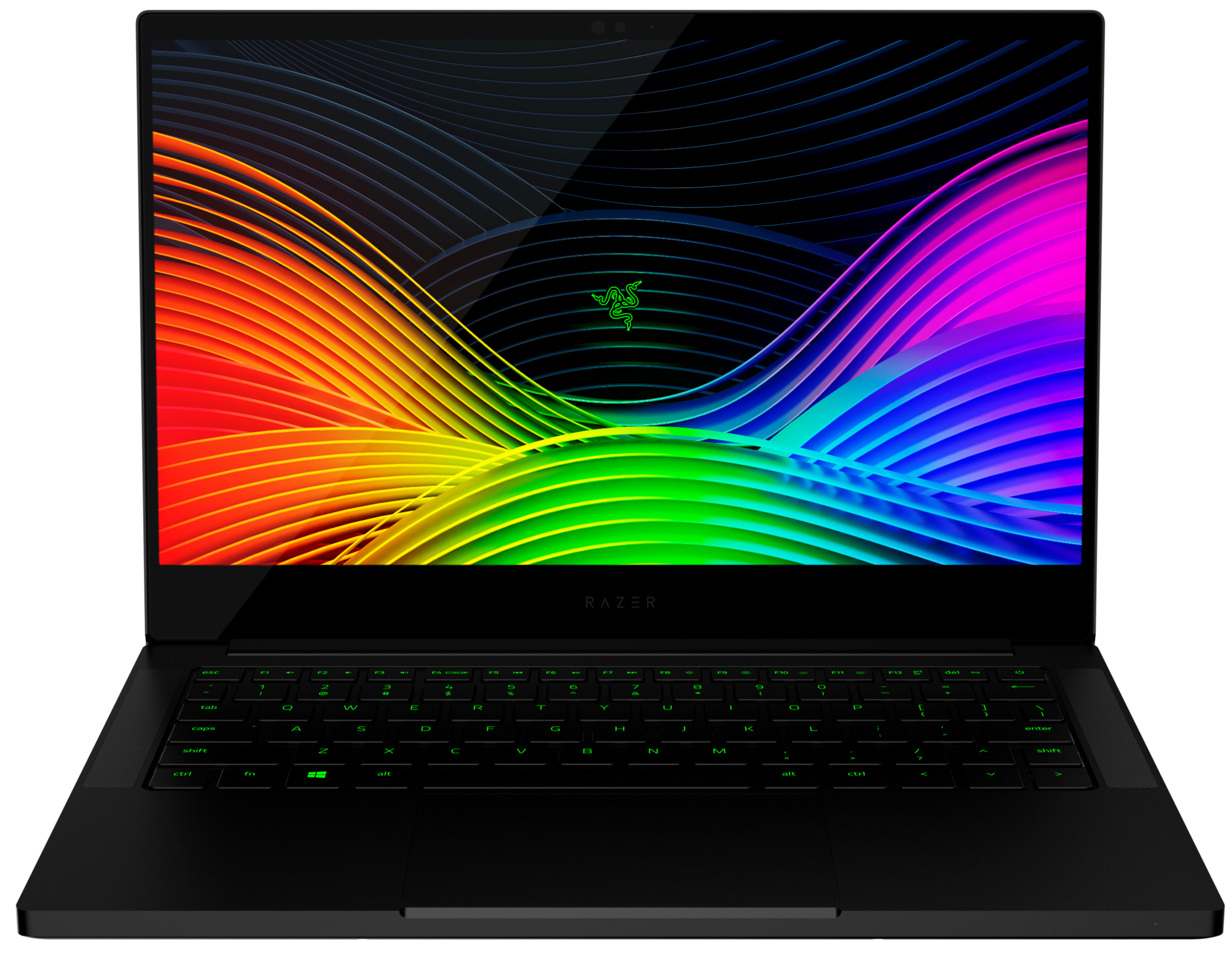
A fun, good looking and functional Ultrabook
The Blade Stealth adds Windows Hello IR, correctly lit function keys, and an NVIDIA GTX 1650 Ti to make it a compelling Ultrabook that gamers will love. The price is still higher than average, but between the excellent battery life, tactile keyboard, and matte full HD display, it's one of the most enjoyable laptops around. Just watch out for that coil whine.
5. Knowing what the student will do on the laptop
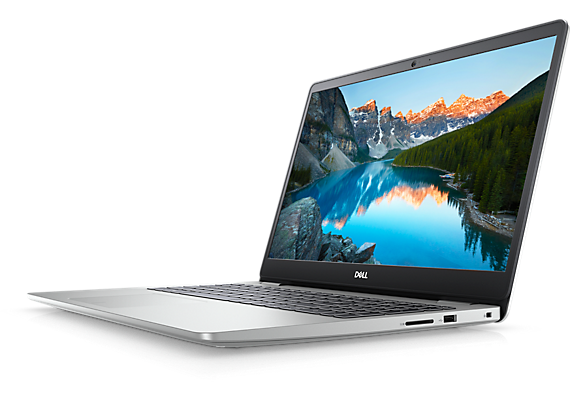
Depending on what your student will be studying, their needs and requirements for a laptop will alter. Should they be going into film development, editing, or some other PC-intensive task, you'll want to consider opting for better specifications than what you'd need for simple word processing and browsing the internet.
Other factors to consider would include how they will use the laptop and whether it's better to go for a more durable design. Where the student will take the device and whether battery life will be a crucial decider. Finally, what laptop do they prefer when it comes to color, design, keyboards, and other features. Do they require USB Type-C? Discuss these things with the student to get a better idea as to what they'll need.

Affordable doesn't mean a terrible experience
The Inspiron 14 is a budget-friendly notebook from Dell, starting from under $450. For that price, you get a 10th Gen Intel Core i3-1005G1 processor, 4GB of RAM, and a 128GB NVMe SSD. If you need extra performance, it's possible to configure this laptop with up to an Intel Core i7 CPU.
Don't forget our laptop reviews and collections
Once you've compiled a list of laptops that would suit your student — we rounded up some of the best laptops for students — it's worth checking out reviews for each notebook. This will provide a better understanding of real-world usage and any potential issues the manufacturer may fail to mention, like sub-par battery life.

Rich Edmonds was formerly a Senior Editor of PC hardware at Windows Central, covering everything related to PC components and NAS. He's been involved in technology for more than a decade and knows a thing or two about the magic inside a PC chassis. You can follow him on Twitter at @RichEdmonds.
